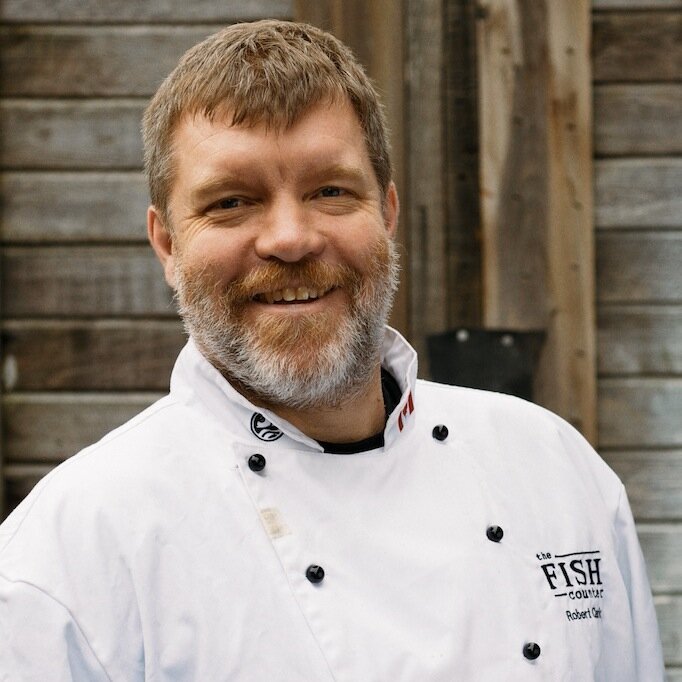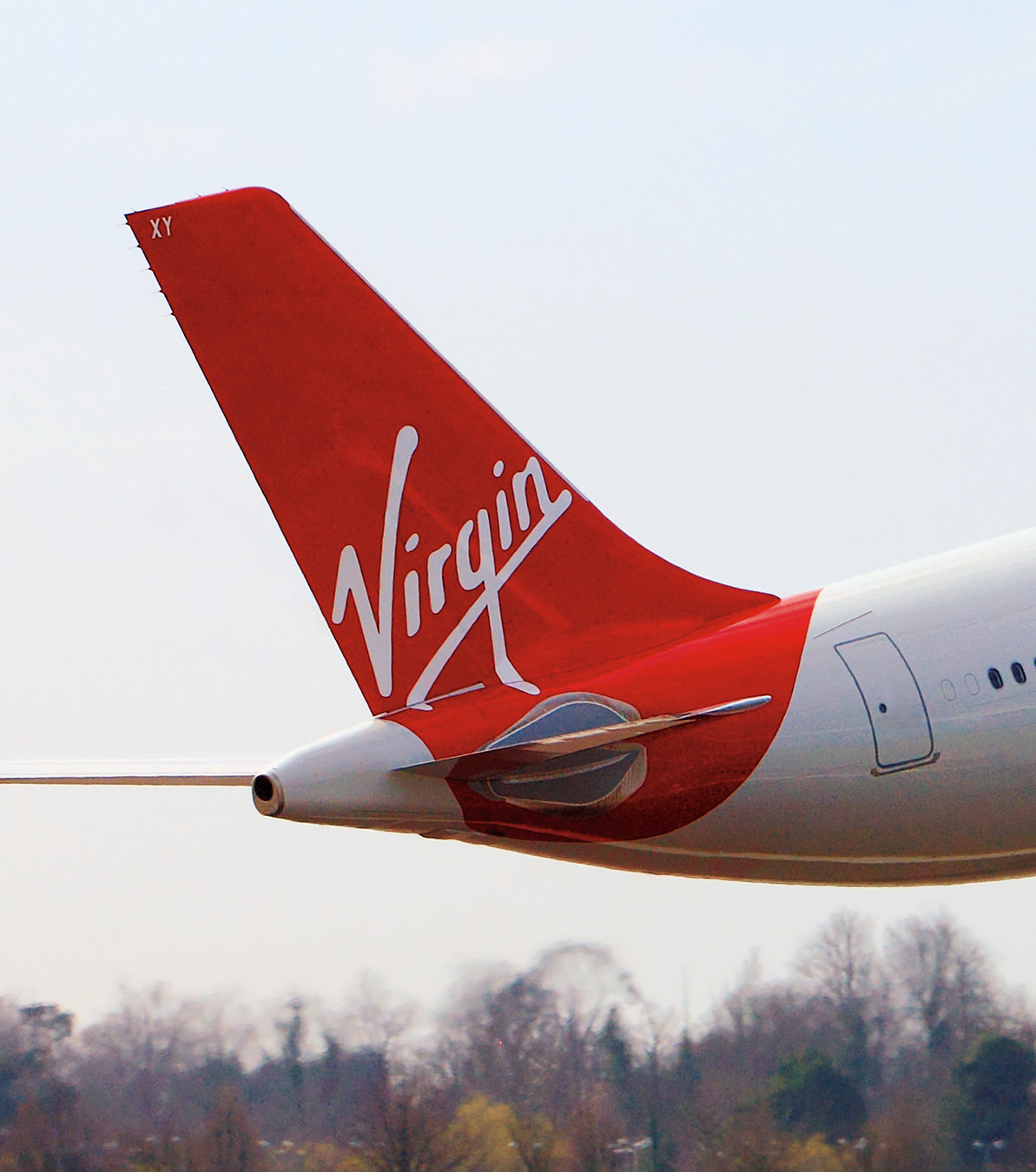Vancouver’s Spot Prawn Festival
Hitting the spot.

When describing a good spot prawn, Vancouver chef and sustainable seafood advocate Robert Clark conjures some of the most ambrosial terminology you’ll hear outside of Emile Zola’s The Belly of Paris (foodie-novel lovers, take note). “They have sort of the bite of a cucumber,” he begins, “but a richness and succulence… A good spot prawn is luscious, it’s delicious, it’s sweet. It’s better than all lobster and most crab.” Note the reoccurring caveat—a “good” prawn is the choicest morsel on 10 legs and 10 swimmerets, a bad prawn, well… A bad prawn is just nasty. Clark should know—after all, when he founded the Vancouver Spot Prawn festival 10 years ago this month, all anyone could buy in Vancouver were godawful local shrimp.
“The whole idea behind the Spot Prawn Festival was to convince chefs that spot prawns were good,” explains Clark. That one would need convincing to eat a spot prawn is sort of funny and strange by today’s standard—now, their brief but glorious season sends chefs and foodies into the kind of frenzy usually reserved for Coachella-bound teens. But in the late nineties, things were different, says Clark: “Local fishermen at the time were selling the highest quality catch as exports, and the only local fish available in B.C. in 1997 was the worst we produced.” In addition, the subpar prawns not flown to their primary consumer markets in Hong Kong and Tokyo weren’t even being properly prepared for local sale. “People would buy dead prawns,” says Clark, “and they’d be mushy, garbage, pointless. Once you harvest a spot prawn you have to take the head off right away or keep the alive; never buy a spot prawn with the head on because it’ll be mushy.” Back then, “no chef in the city was really interested in the whole spot prawn thing because no spot prawn they had access to was of good quality.”
No chef in the city was interested in spot prawns except Clark, of course. Then working at the now shuttered seafood restaurant C, Clark began championing sustainable seafood before programs like Sea Choice or Oceanwise existed. “We knew farmed tiger prawns were bad,” says Clark, “but we couldn’t find a sustainable alternative, so we took them off the menu. And so for two years what was hailed as one of the best seafood restaurants in the country did not offer any shrimp, which is the number one consumed seafood in North America.” (For the record, while most shrimp is farmed or trawled for—both environmentally destructive practices—spot prawns, which only live in Pacific Northwestern waters, are plucked from the sea in low-bycatch pod traps). The fact that some of the best prawns in the world were being caught sustainably right on his doorstep, and yet were inaccessible and largely undervalued, incited Clark to take action.
Clark convinced his friend, fisherman Steve Johansen (who now runs sustainable seafood company Organic Oceans), to spearhead the first spot prawn fishing operation committed to keeping its catch local. “I wanted the festival, but I couldn’t do it without the fishermen; it was the fishermen who wanted to sell local who changed the landscape,” says Clark. With an eye to the European tradition of local food festivals, Clark organized the first Spot Prawn Festival on Vancouver’s Fisherman’s Wharf with one chef, one fisherman, and about $200 of start-up capital from the Chef’s Table Society of British Columbia (“they were doing it just to shut me up,” says Clark). The festival was intended to expose chefs to quality local prawns, but hundreds of interested locals turned out for the first annual Spot Prawn Festival as well. By its third year, thousands of participants almost sank the dock.
“My dream was in 10 years we’d still be selling spot prawns,” says Clark of this year’s festivities, which includes a ticketed white-linen gala, cooking classes, and a traditional spot prawn boil, “and that we’ll sell them 50 years after I’m dead.” Enthusiasm for local Vancouver prawns will likely continue long into the future, yet the celebrated accessibility of the already prestigious treat may be compromised by their steadily rising price (thanks, in part, to disease and inconsistent harvests in the very Asian tiger prawn farms Clark rejected years ago). Vancouver’s local shrimp, once considered practically inedible, may soon become a status food akin to white truffle, caviar, or dry-aged steak.




